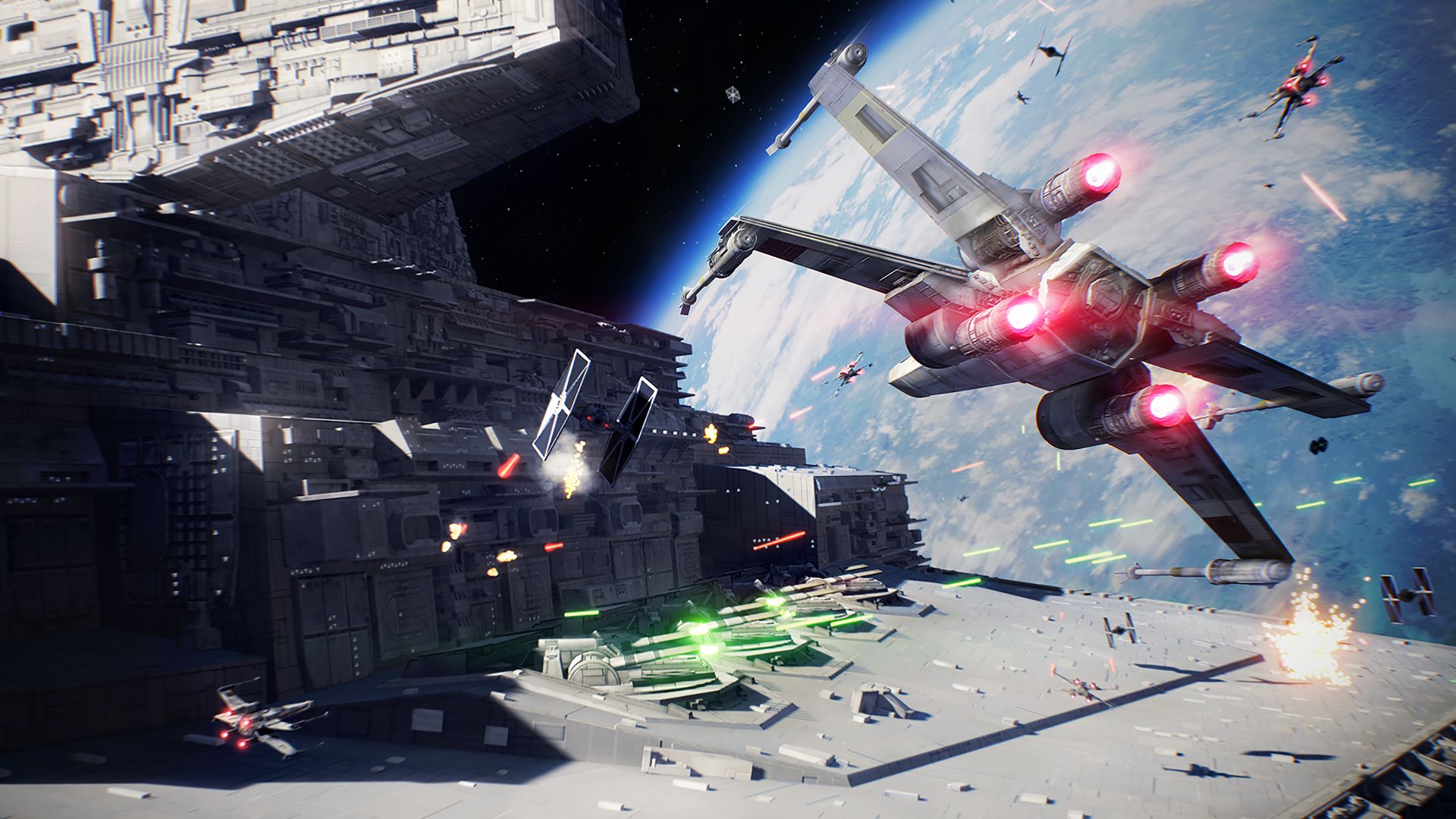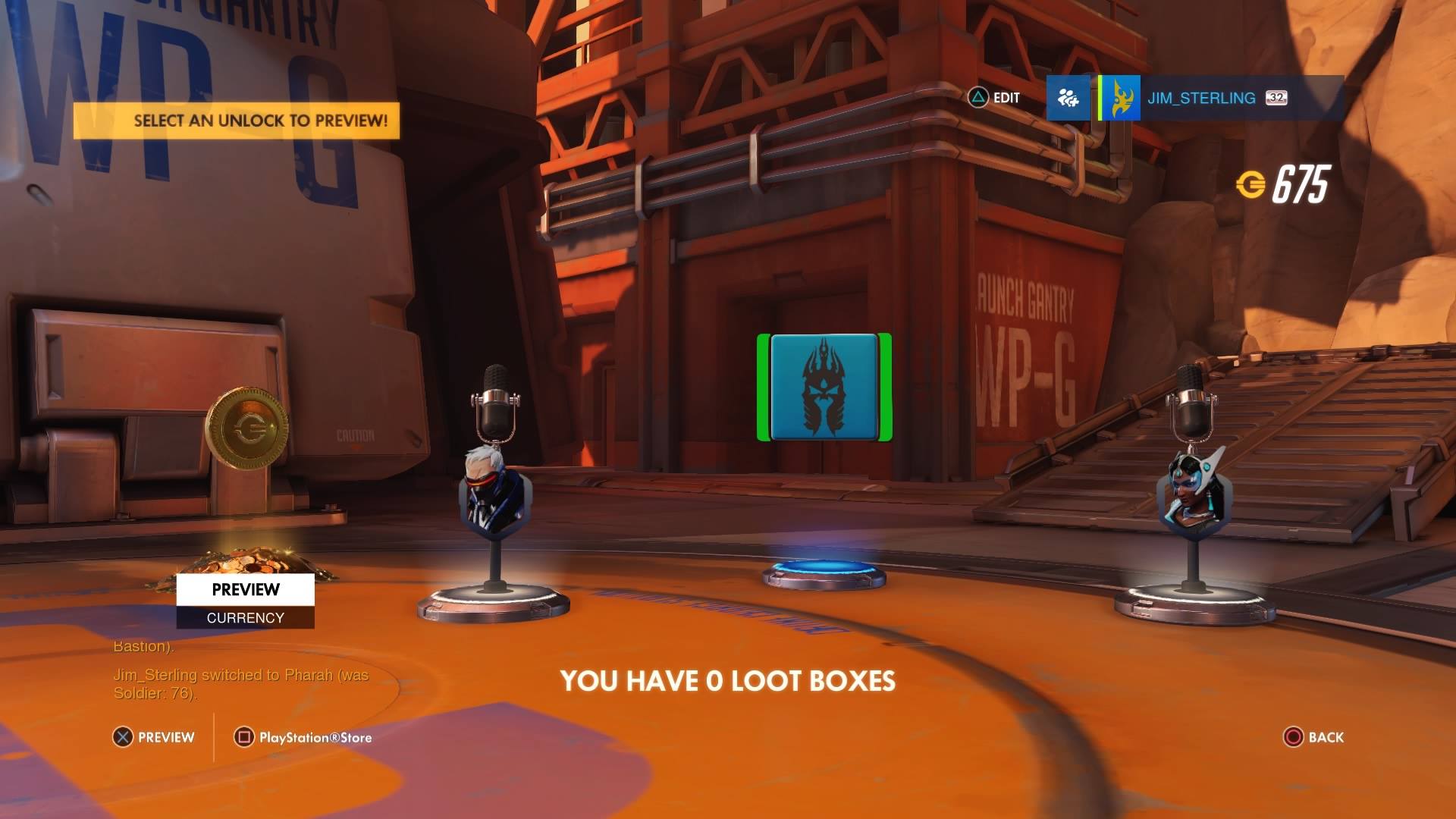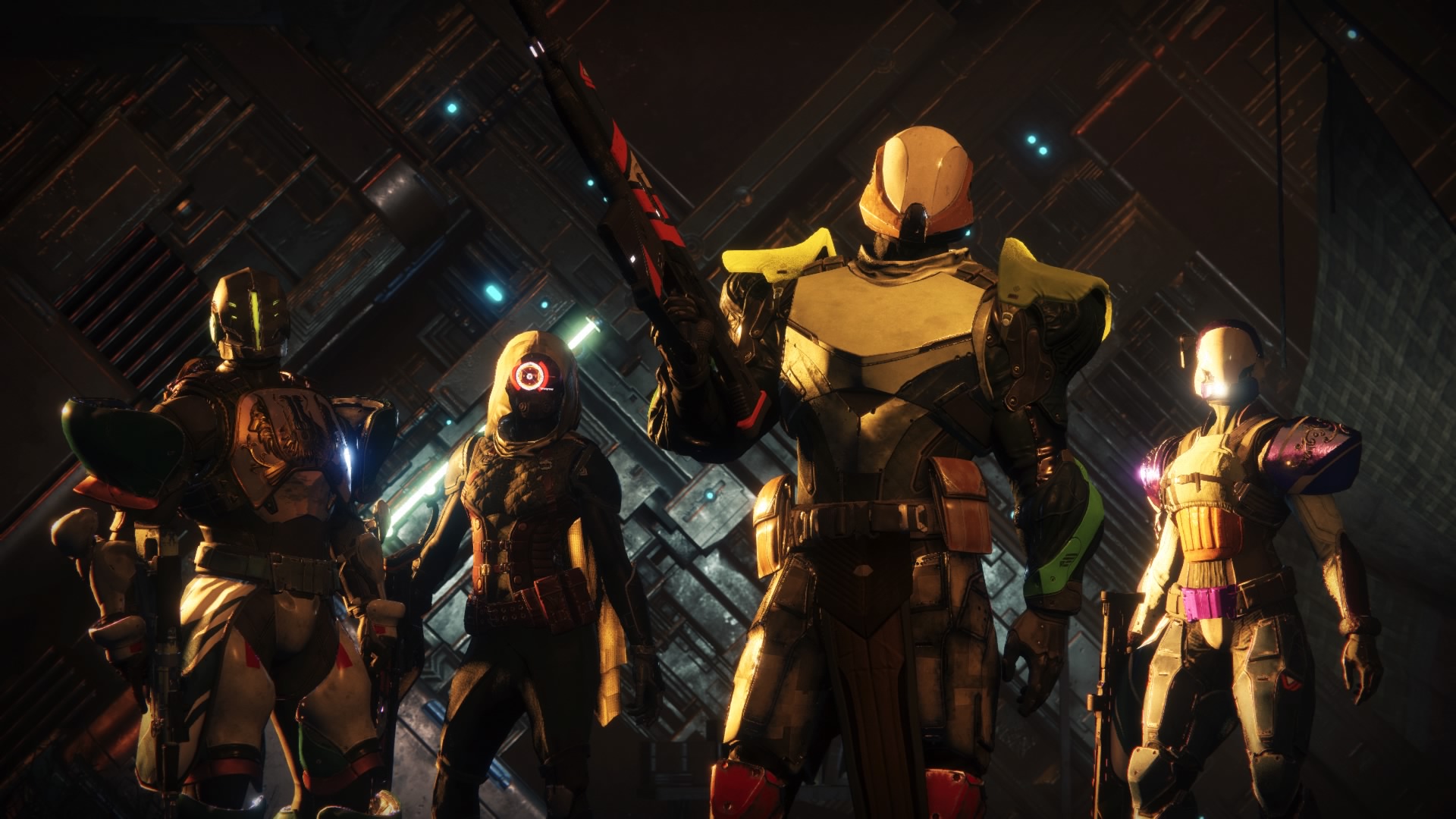
The beginning of the gaming industry was a modest one. It took decades for gamers to shrug off the stereotypes of being unsociable, basement-dwelling nerds. It took just as long for gaming to be recognised as a serious industry with far reaching significance and potential for positive social impact. Whilst most of the world lagged behind on the power of gaming, gamers themselves understood and believed in its future. Of course it would be hard to predict just how massive gaming would become and the scope of its competitive scene, but nowadays it is hard to argue against its importance globally.
This success and growth comes on the back of passionate communities, one of the many amazing aspects of gaming. At times however, this passion can become a double edged sword with communities reacting harshly to unpopular behaviour from companies and gaming media alike.
Death threats are commonly associated with severe backlash in the world of gaming. The issues could be as serious as anti-consumer business practices to unbelievably minor things such as a game having subpar facial animations. Of course, neither side of the spectrum justifies ever sending death threats to anyone.

The passionate reactions to many issues, big or small, has often lead to gamers being labelled as “entitled”, a tag that many take offense with. Right or wrong, gamers have always been quick to voice their displeasure and it is something that comes with the territory when you work in the industry, be it as a publisher, game dev or a journalist.
Equally right or wrong, the passion of gamers has been what has kept gaming alive and pushed it to the dizzying heights that it currently occupies. It is this passion that makes working in the gaming industry both incredible but also daunting. Despite this passion and how far we have come, I can’t help but be worried about the future of gaming.
The façade – A culture of outrage and entitlement
The world at large has descended into a war of outrage. It brings in the views, it fortifies the positions people take on issues and it dictates narratives entirely. Long before the world dived head first into a culture of outrage, gamers had already turned it into a lifestyle – it’s no surprise GamerGate and the rise of the Alt Right began in gaming.
2017 perfectly illustrated the outrage and passion that resides in gaming. Electronic Arts was forced to back down after the severe backlash around Star Wars: Battlefront 2. Bungie, the studio behind the trainwreck that is Destiny 2, continues to receive a barrage of anger and disappointment from its player base. Riot Games, the creator of League of Legends, is constantly kept somewhat honest by its massive community whenever they step out of line.
On the face of it, you would be hard-pressed to argue against the idea that gamers are ready to call out bad industry practices or wrongdoings. However, what if all the outrage and anger is merely a façade? Gamers make a lot of noise to sound important and look like they care, but what if underneath it all, nothing really changes? What if it’s all an act?

EA faced intense backlash following its debacle around Battlefront 2, arguably the worst a gaming company has faced in recent years. The anger was so widespread, mainstream media publications were reporting on it and one of EA’s responses on reddit shattered the record for the most downvotes. Despite all this, Battlefront 2 still performed well sales wise, being the most downloaded game on the PSN store in December.
The story surrounding Bungie and Destiny 2 is remarkably similar. Time and time again, Bungie gives its community the middle finger with shady practices and anti-consumer decisions yet the game continues to trod along comfortably with its revenue-generating Eververse.
Looking more broadly, microtransactions continue to be implemented at an increasing aggressive pace. One only needs to look at games such as NBA 2k18 and FIFA 18 to see how this manifests itself. As microtransactions continue to grow, single player games struggle to stay financially relevant, with many studios and publishers seemingly veering away from them.

The future of gaming is bleak
In the past, we used to own all of our games via physical copies and now we’ve become okay with the convenience of digital copies at the expense of outright ownership. Mobile games used to be viewed with contempt due to the constant paywalls and microtransaction-heavy approach and yet nowadays we praise fully priced AAA games that employ the same habits as long as it’s purely cosmetic.
For a group constantly labelled as entitled, gamers don’t seem to ask for very much anymore. They’ll ask for a lot with words, but when you read their actions and how the content of their wallets is being spent, they’ll take whatever they’re given. We’ve decided to settle and that makes for a very worrying trend.
We seem hell bent on repeating the same mistakes year after year, only to complain afterwards that developers don’t listen to fans anymore. Why would you listen to people who can’t even commit to their own ideology and principles for more than a couple of weeks? Gamers will say EA were taught a lesson but really, the only thing they learnt is that gamers have no backbone or long term commitment to their goals.

On the other side of this, when a company decides to be innovative and different, they are beaten over the head for it. Nintendo comes out with an incredible concept for kids titled Nintendo Labo, and the community crucifies them for not meeting expectations that they falsely created on their own.
One could argue that gaming in 2017/18 is experiencing its most amazing year with some incredible games coming out or still to be launched. The growth of gaming as an industry, especially the esports side, has been tremendous and bodes well for the future. But underneath the flashy numbers and optimism, one could also argue that gaming is slowly letting go of what made it beautiful to begin with.

Why would a company invest money and time into making a Witcher when you could spend half the amount of resources and release a Destiny 2 and watch your coffers fill up for years after it’s launched? Where is the incentive for studios and developers to listen to the gaming community when the community forgets what it was angry about after a few weeks?
Gaming was built on the passion of the community but it seems that passion has lost its sense of purpose or direction or maybe both. All the recent scandals surrounding anti-consumer practices and how the gaming community has seemingly swept them under the rug makes for a solemn look at the future of gaming. The AAA industry is in no way doomed. That would be unnecessary hyperbole, but at some point, we will need to confront the direction it is heading and a line in the sand will need to be drawn. We shouldn’t be waiting decades for a new negative stereotype to form before we do what we can to cast it off.
The views and opinions expressed in this article are those of the author(s) and do not necessarily reflect the official policy or position of Critical Hit as an organisation.
Last Updated: January 18, 2018




















